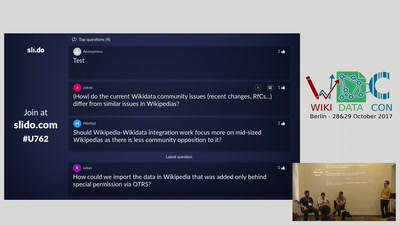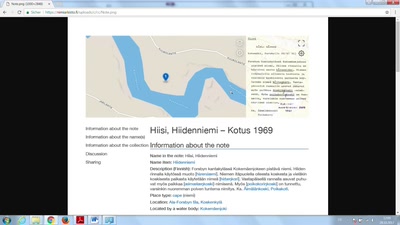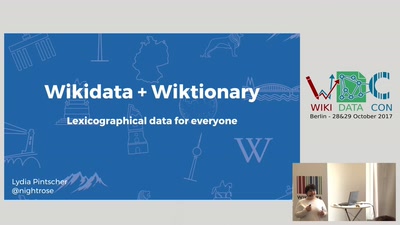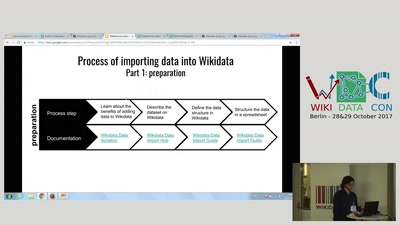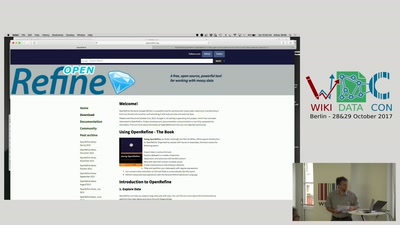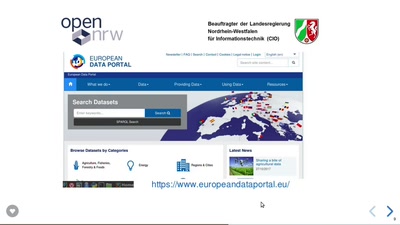The sum total of biomedical knowledge is accumulating at an explosive rate. There are now over 1.2 million new articles published every year, averaging to one new article every 26 seconds. Unfortunately, however, the entirety of that knowledge is not easily accessible. In most cases, biomedical knowledge is locked away in free-text research articles, which are very difficult to use for querying and computation. In some cases, that knowledge has been deposited in structured databases, but even then the fragmented landscape of such databases is a barrier to knowledge integration. Here, we describe the use of Wikidata as an open, community-maintained biomedical knowledge base. We have seeded Wikidata with data on key biomedical entities, including genes, proteins, diseases, drugs, genetic variants, and microbes. To ensure source databases are properly credited, we have implemented a standardized model for referencing and attribution. These data, combined with other data sets imported by the broader Wikidata community, enable powerful integrative queries that span multiple domain areas via the Wikidata SPARQL endpoint. The emphasis of this abstract is on Wikidata as resource for biomedical Open Data that can serve as a foundation for other bioinformatics applications and analyses. In addition, the code developed to execute this project is also available as Open Source software. This suite of code includes modules for populating Wikidata, for automatically synchronizing with source databases, and for creating domain-specific applications to engage specific user communities.



